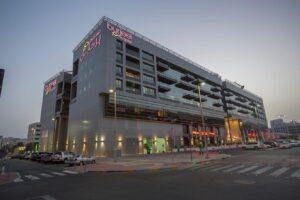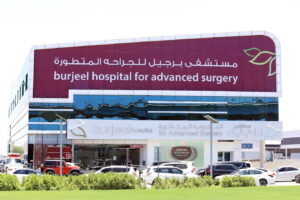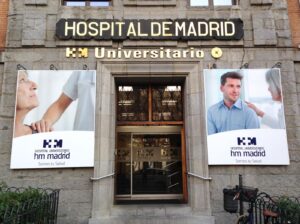Gastroenterology
Gastroenterology is a branch of medicine that deals with the diagnosis and treatment of diseases of the gastrointestinal tract. Absolutely any organ of the digestive system may be affected, but the most common pathologies involve the esophagus, stomach, and intestines.
According to statistics from global clinics, 40% of all medical visits are related to gastroenterological complaints. Men are 30% more likely to experience gastrointestinal diseases than women. One of the main causes of mortality is liver failure due to alcohol consumption.
Any discomfort in the digestive system significantly reduces quality of life, yet far from all patients seek medical attention. Preliminary estimates suggest that about 50% of the population suffers from chronic gastrointestinal diseases.
Who needs to seek gastroenterological care?
A gastroenterologist is a specialist who deals with problems of the digestive system. Patients of all ages require examination and treatment, from infants (main pathology — dysbiosis) to elderly people.
Reasons to see a gastroenterologist:
- Abdominal pain of any nature, duration, and intensity
- Stool disorders: changes in consistency — constipation, diarrhea, presence of abnormal inclusions — blood, mucus
- Changes in appetite: excessive hunger or loss of interest in food
- Vomiting and nausea: especially if they occur periodically
- Belching and heartburn
- A feeling of heaviness, fullness after eating, bloating
- Yellowish tint of the skin and mucous membranes: initially, the eyes respond to elevated bilirubin, so they turn yellow first
- Rapid weight loss: without visible changes in diet and lifestyle
- Diabetes mellitus: requires constant monitoring of the pancreas
- Long-term use of medications: affects the gastric mucosa and liver
- Radiotherapy and chemotherapy: during the treatment of malignant neoplasms
What procedures are used in global gastroenterology?
Leading global clinics use the following procedures as early methods of diagnosis and treatment:
Ultrasound examination — evaluation of the structure and size of organs. During ultrasound, the stomach, pancreas, gallbladder (together with the ducts), liver, intestines, peritoneum, and lymph nodes are examined. During intestinal examination, special attention is paid to peristaltic movements (contractions).
Colonoscopy — a modern endoscopic method with no equivalent in accuracy for the diagnosis and treatment of colon pathologies.
Esophagogastroduodenoscopy (EGD) — a minimally invasive high-tech method for examining the esophagus, stomach, and small intestine using a flexible endoscope with a camera.
Contrast X-ray — the introduction of special contrast agents to assess the physiology and anatomy of the digestive organs using a series of X-ray images.
Capsule endoscopy — an ultra-modern method for visualizing the mucous membrane of the esophagus, stomach, and intestines, which involves swallowing a special microcapsule with a video camera. As it moves naturally, the camera captures the main digestive tract and is excreted from the body on its own.
Hyperthermic intraperitoneal chemotherapy (HIPEC) — an innovative treatment for cancer involving direct exposure of heated chemotherapy drugs to tumor cells. It is applied intraperitoneally in a specialized operating room (during surgery).
Da Vinci robot — a robot-assisted surgical system for performing high-precision operations.
Where to seek qualified gastroenterological care?
Unique techniques used in modern ART protocols in different countries have a number of their own features. Before choosing a country for treatment, it is important to find out whether the procedures you need are permitted there.
| Capsule endoscopy | HIPEC therapy | Da Vinci robot | |
|---|---|---|---|
| Leaders in the field of gastroenterology | Israel Turkey Germany Spain | Germany Switzerland Israel South Korea | USA Turkey Israel Germany |
Artificial intelligence in gastroenterology
The main technological breakthrough used worldwide is generative artificial intelligence. It analyzes large volumes of data, identifies patterns, and makes informed decisions. Some AI models generate medical images from 2D to 3D, providing a more complete view of the condition of the depicted organ or body area.
Hospitality Medservice is your trusted partner in finding the best clinic worldwide. Our website features only authoritative medical institutions equipped with modern facilities and the latest treatment protocols. Compare clinic ratings and treatment costs, learn about the specialists and contact us for assistance in:
- arranging medical trips
- scheduling in-person consultations
- organizing video consultations
- obtaining a “second opinion”
Submit a request on our website, and one of our medical coordinators will contact you promptly.

















































